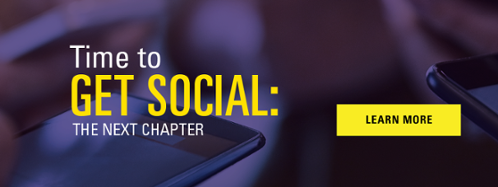
Everybody lies. We tell “white lies” to spare others feelings and we tell whoppers to get ourselves out of trouble. We fudge details on our résumés. We embellish the stories we tell to make ourselves sound bigger and better than we really are and leave out the parts that make us look bad.
Take Facebook, for example. It’s the digital equivalent of Garrison Keillor’s Lake Wobegon, the town where all the children are above average. If your friends are like mine, you see nothing but the good times—snapshots of their wonderful lives filled with children and grandchildren who are beautiful and highly accomplished. They take glorious vacations where they eat gourmet meals. The only negative postings are about politicians they don’t like or companies that have offended them. Facebook lets us show the world the face we want them to see, without any blemishes or scars. But, the truth is that on Facebook, everybody lies.
And we also tend to lie on surveys, even when the responses are anonymous. This is obviously a serious problem for marketers hoping to gather information about what consumers really want. It also helps explain why so many pollsters got the last election wrong. It’s due to what academics call social desirability bias, which is another way of saying we want everyone to like and think well of us. Just like with Facebook, when we take a survey we, consciously or unconsciously, give what we hope are the “right” answers. Apparently about the only place we’re completely honest is in our internet searches.
By analyzing data on what people search for from a number of sources including Google, Wikipedia, Facebook and PornHub, Seth Stephens-Davidowitz a former Google data scientist and current New York Times columnist discovered there’s huge difference between what we’ll say and share with others and what we really think and do.
He turned his research into a fascinating new book titled, appropriately enough, Everybody Lies, which is filled with fascinating trivia and more than lives up to its subtitle: “Big Data, New Data, and What the Internet Can Tell Us about Who We Really Are.” It also shows how Big Data can provide answers to such driving questions as:
- What determines if someone will cheat on their taxes?
- Is the media biased?
- What’s the secret to predicting a good Bordeaux vintage?*
While that kind of trivia makes the book easy to read and provides fodder for great cocktail party chatter, Stephens-Davidowitz also demonstrates how Big Data can be used to do research on disease, sexuality, prejudice and other truly important subjects that people are often reluctant to be honest about, or even to discuss at all.
Big data can help us measure the difference between what people say and what they do, but throughout the book the author stresses just having access to data is not enough. All the data in the world won’t do any good if you don’t know what to do with it. It has to be the right data and you have to ask the right questions. And then you have to be willing to act on whatever the data tells you.





Let’s Connect
Ready to build, grow, manage and protect your brand? Complete the form below to discuss how we can help.